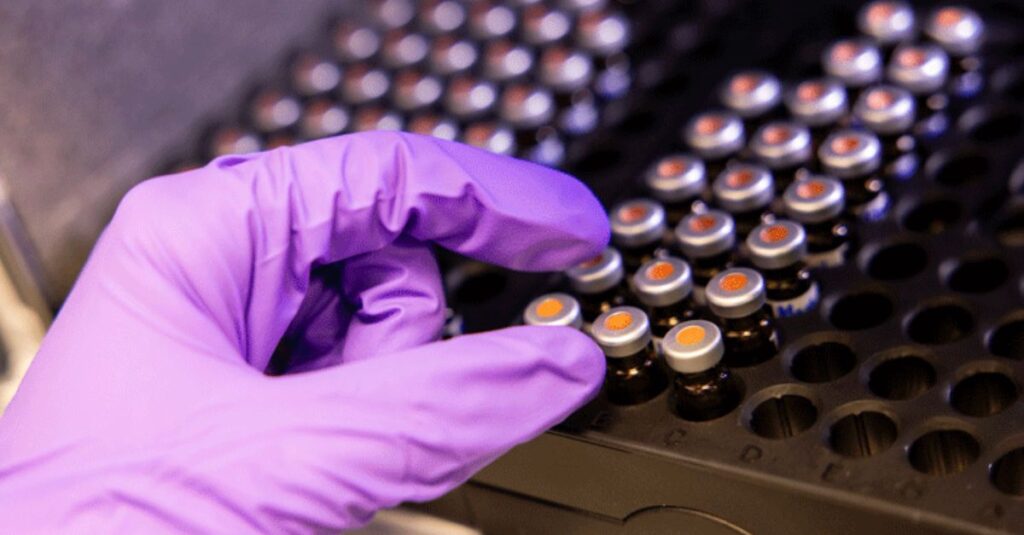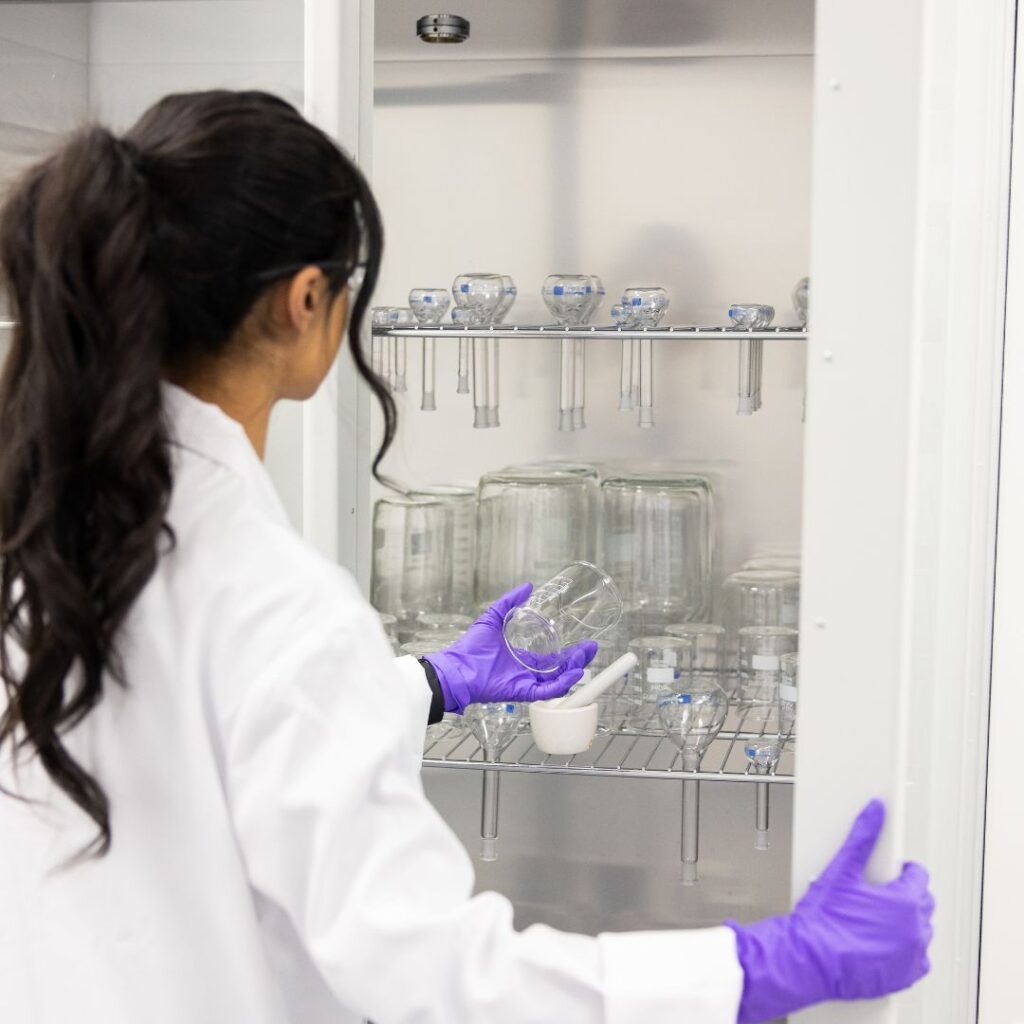- What we do
-
-
Routes of delivery
- Oral
- Nasal
- Nose to Brain
- Pulmonary
- Parenteral
-
Development stage
- Pre-clinical
- Phase I to Phase II
- Phase III - Commercial
Our Approach
- Selecting Your CDMO Partner
- Project Management
-
- About us
-
-
A CDMO like no other
- About Us
- Our Facilities
- Our History
- Awards and Achievements
-
Leadership Expertise
- Executive Leadership Team
- Board of Directors
- Careers
-
-
- Resources
- Events
- Contact
Small Molecule Drug Development & Manufacturing Services.
Your Trusted CDMO Partner
Small molecule drugs are low molecular weight compounds, produced through chemical synthesis, that are designed to act on specific biological targets. Their development includes target identification, compound screening, optimisation, preclinical testing, and clinical trials to achieve regulatory approval.
The Small Molecule Drug Discovery Process
The discovery phase begins with identifying a biological target, such as a protein or enzyme, associated with a disease. Researchers validate that modulating this target can produce a therapeutic effect. Then, compounds that interact with the target are identified through methods like high-throughput screening (HTS) or virtual screening. Promising compounds, or “hits,” are then refined into “leads” with improved potency and selectivity through chemical modifications.


The Small Molecule Drug Development Process
Lead compounds undergo preclinical testing to assess their safety and efficacy in vitro (e.g. cell cultures) and in vivo (e.g. animal models). These studies evaluate pharmacokinetics (absorption, distribution, metabolism, excretion) and toxicity profiles. Successful candidates progress to human trials:
- Phase I: Assess safety and dosage in healthy volunteers.
- Phase II: Evaluate efficacy and side effects in patients.
- Phase III: Confirm effectiveness, monitor adverse reactions, and compare with standard treatments.
Upon successful completion, a regulatory submission is made for approval. Post-marketing surveillance monitors the drug’s performance in the general population, ensuring ongoing safety.
Our Approach
At Upperton, we excel in the development of small molecule drug products, offering a development and manufacturing service that spans early formulation through to GMP clinical supply. Our expertise is tailored to overcome the common challenges associated with small molecules – such as poor solubility, stability, and bioavailability.
Formulation Development
Our team has extensive experience in selecting the correct oral, nasal and pulmonary dosage forms to ensure success in getting to the clinic.
- Formulation and analytical development
- Toxicology supplies
- ASAP stability to support clinical prototype selection
Phase 1 – Phase 2 Clinical Supply
We can help you accelerate to Phase 1 clinical trials through formulation optimisation and identify the next steps to transition into Phase 2 clinical trials following Phase 1 data.
- Clinical manufacturing and QC testing
- Qualified Person Release
- Clinical stability
Process Scale-Up for Phase 3
We understand the complexities of scale up and technical transfer. Covering all aspects from equipment consideration through to manufacturing handover and QC.
- Process optimisation robustness (Qbd, DoE)
- Method validation
- Cleaning validation
Registration Batches
We support your product’s journey to market with comprehensive registration activities, including preparing and submitting NDA/BLA regulatory filings to streamline your approval process.
- NDA/BLA submission
- Batch manufacture and stability
- Analytical support (dissolution development / risk assessments)
Analytical Development & Validation
Our dedicated QC and analytical teams provide phase appropriate validation of your analytical methods and performance of QC and release testing including:
- Assay, Content uniformity and related substances by HPLC
- Performance testing including Dissolution and Disintegration
- IC Stability testing
Regulatory Affairs Support
Dedicated regulatory resources to protect your confidentiality that spans the following phases of your products development pathway.
- Clinical trials
- Regulatory strategy
- Gap analysis
- Classifications
- Marketing applications
Formulation Development for Small Molecules
We specialise in designing formulations for small molecule APIs, particularly those with poor aqueous solubility. Our UpperSolv™ platform screens a range of enabling technologies – such as spray drying, lipid-based systems, and amorphous solid dispersions – to enhance solubility and optimise performance. We support early preclinical formulations as well as scalable clinical prototypes.
Dosage Forms Designed for Small Molecule Delivery
We develop dosage forms specifically suited to small molecule drugs, including:
- Oral: Immediate and modified-release tablets and capsules, including filled hard capsules with powder blends or lipid-based formulations.
- Pulmonary / Nasal: Dry powder inhalers and nasal sprays, often used for local or systemic delivery of small molecules where oral administration is not optimal.